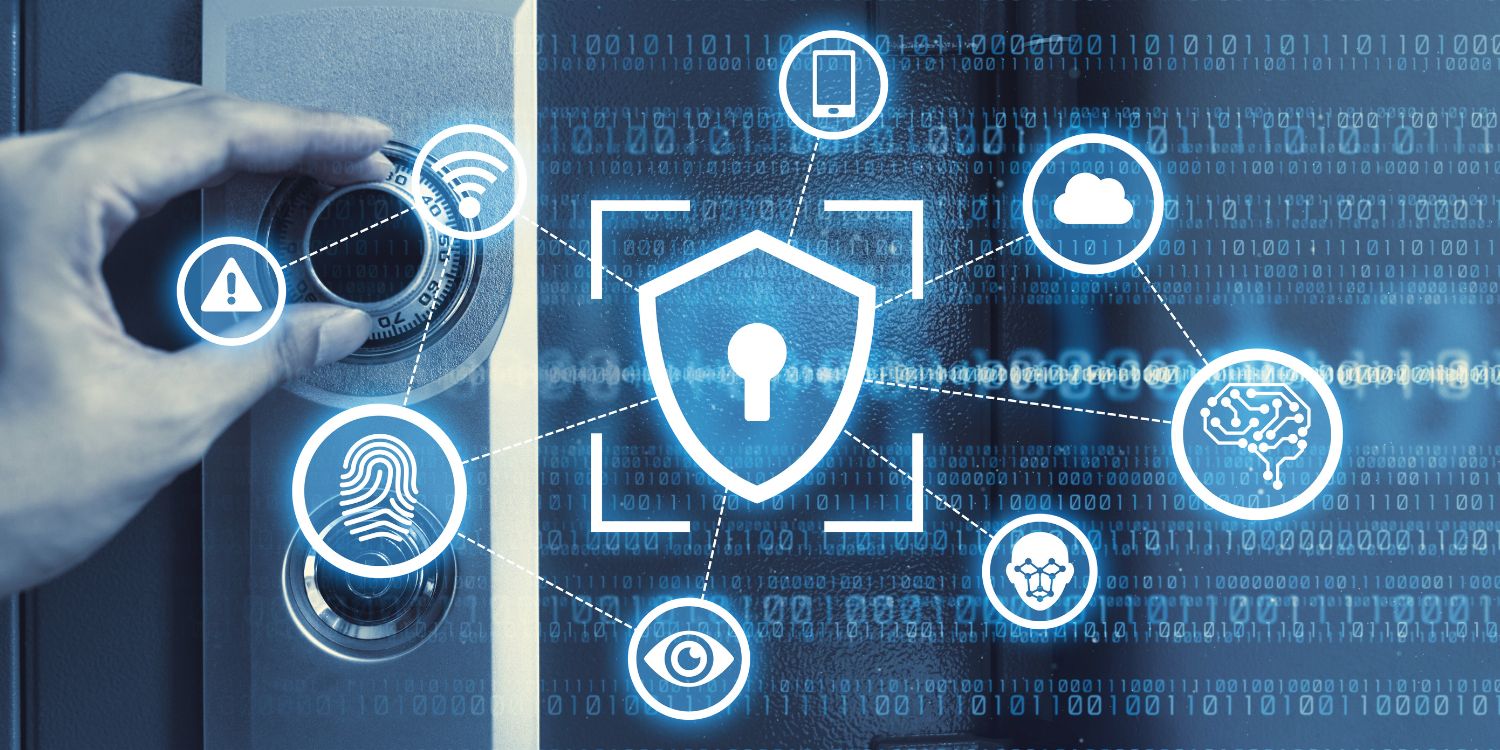Device security is crucial to cybersecurity, especially in today’s digital world. Sensitive information can easily be accessed through smartphones, laptops, and tablets. With the increasing number of cyber threats and data breaches, it has become essential for individuals and organizations to implement effective device-locking mechanisms. This enhances security significantly.
What exactly are device-locking mechanisms? In simple terms, these are methods or tools used to restrict access to a device. They ensure that only authorized users can access its data and functionalities. By implementing these mechanisms, you can prevent unauthorized access to your device. This helps protect your sensitive information from falling into the wrong hands.
Best Practices for Implement Device Locking Mechanisms
There are various types of locking mechanisms available. Additionally, each has a different level of security and complexity. Let’s explore some of the most common ones and how they can strengthen your device security.
1. Access Control
Access control is a fundamental mechanism that restricts access to your device. It requires users to provide valid login credentials before gaining entry. This could be in the form of a password, PIN, fingerprint, or even facial recognition. Using unique identifiers ensures that only authorized users can access the device and its data.
2. Physical Security Measures
Physical security measures involve implementing physical barriers such as locks, alarms, and surveillance cameras. This can prevent unauthorized physical access to devices. With these measures in place, you can protect your devices from theft or tampering. This helps prevent potential data breaches.
3. Device Management Solutions
Device management solutions are software tools that enable remote management and security of your devices. With these solutions, you can implement security policies, track device usage, and remotely wipe data in case of loss or theft. This ensures that even if the physical device falls into the wrong hands, its data remains secure.
4. Endpoint Protection
Endpoint protection involves installing security software on devices to protect them from malware and other cyber threats. These tools often include features such as firewalls, antivirus software, and intrusion detection systems. They provide an additional layer of security for your devices.
5. Regular Updates and Backups
Keep your devices up-to-date with the latest security patches and perform regular backups. Moreover, this approach is a simple yet effective way to enhance device security. Furthermore, these updates often include fixes for known vulnerabilities. As a result, this makes it harder for hackers to exploit them.
Importance of Implementing Device Locking Mechanisms
Failing to implement proper device-locking mechanisms can have severe consequences. Unauthorized access to devices can lead to data breaches, financial losses, and reputational damage for both individuals and organizations. Securing your devices properly helps prevent these risks and protects your sensitive information.
Implementing device-locking mechanisms is essential for compliance with data protection regulations. This includes regulations such as the GDPR (General Data Protection Regulation) and CCPA (California Consumer Privacy Act). These regulations mandate that businesses adopt security measures to safeguard personal information from unauthorized access.
Conclusion
In today’s digital age, where technology and the internet play central roles in our lives, prioritizing device security is crucial. Firstly, implementing effective locking mechanisms safeguards your devices against unauthorized access. Additionally, it also protects your sensitive information from cyber threats. Furthermore, remember to update your security measures regularly. Finally, stay informed about the latest cybersecurity solutions to ensure maximum protection for your devices.
Need help with implementing device-locking mechanisms for your organization? Contact SwiftTech Solutions today to learn how our IT security services can enhance your overall cybersecurity posture. Call us at 877-794-3811 or email info@swifttechsolutions.com for a consultation.

